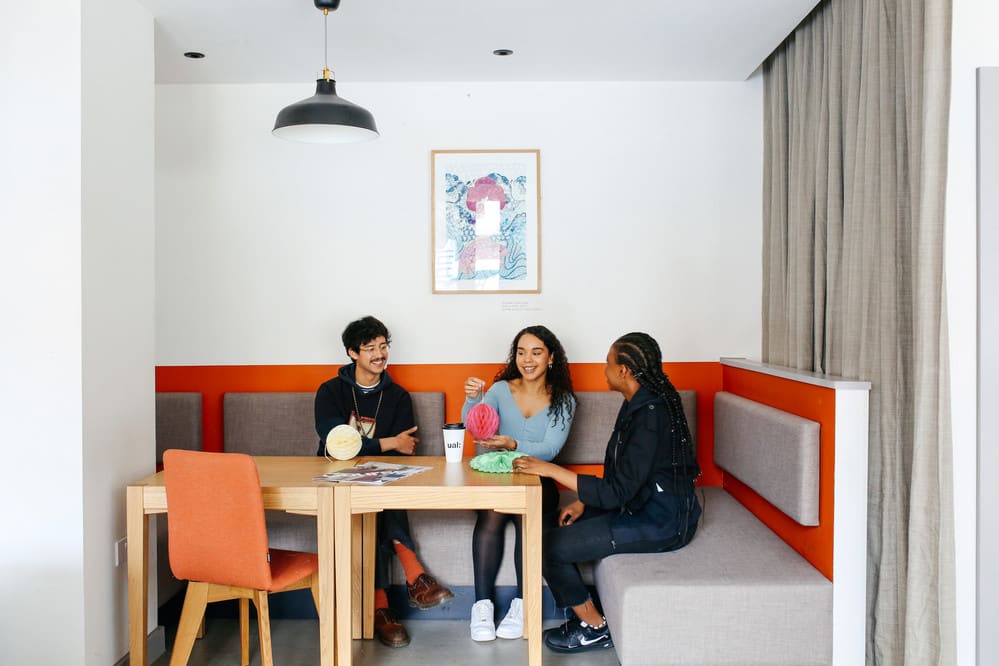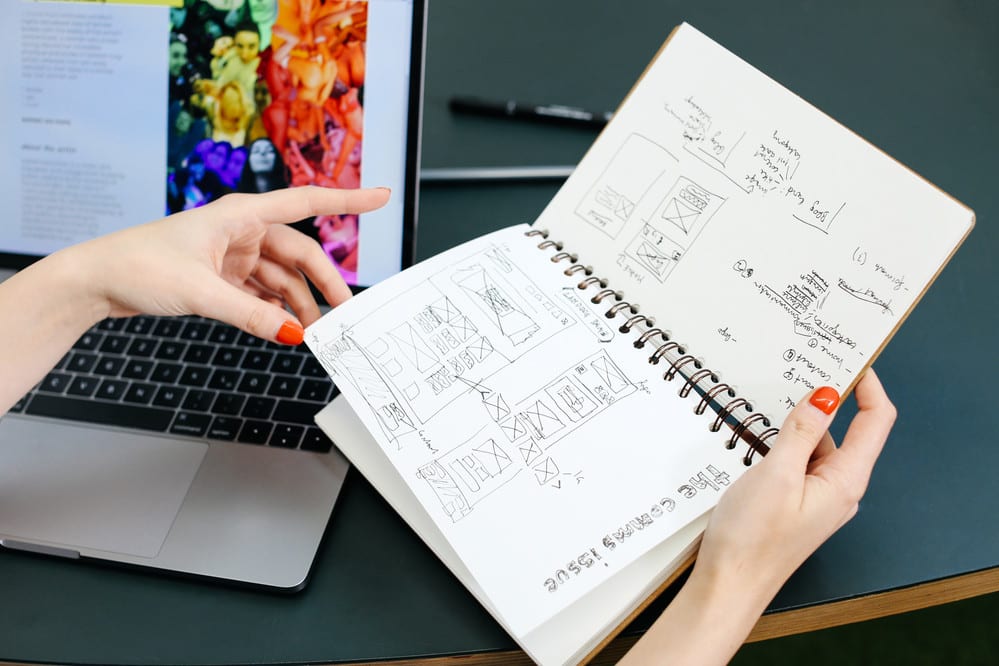Congratulations on choosing to pursue a creative future in art and design. We understand that higher education involves a major financial investment. The information on this page gives you an overview of the costs involved in studying with UAL and the various ways that you can support your studies.
We explain: where to find the tuition fees for the course you're interested in and how often you need to make payments, other costs you need to consider whilst studying in the UK, as well as your funding and scholarship options, and how to find part-time work to help you cover your living expenses and gain work experience.
Tuition fees
Tuition fees cover the cost of teaching and the use of facilities while you're studying at UAL. They differ depending on whether you're studying on a pre-degree, undergraduate or graduate course. You can see a summary of all UAL fees on the tuition fees page, or visit our course pages to check the exact cost of the course you’re interested in.
Tuition fees at UAL refer to the annual cost of the course rather than the cost per semester. For pre-degree and undergraduate courses, the annual tuition fee must be paid in full before the start of each academic year.
It is possible to pay your fees in instalments for some graduate courses, but all students must still meet strict financial requirements set by UK Visas & Immigration (UKVI). UKVI require you to have enough funds to cover the tuition fee for the first year of your course, plus a certain amount of money for living costs.
As a US student, it's likely that you'll be classified as an international student when it comes to the type of tuition fees you pay. However, other factors may impact your fee status. If you are unsure of the type of tuition fees you’ll be charged, you can check by visiting the UK Council for International Students Affairs website.

Accommodation, healthcare and living costs
As well as tuition fees, you should make sure you're prepared for the other costs that come with studying and living in the UK. There might be some additional costs for materials and field trips on your course, which you can check on the course page.
Accommodation is likely to be your biggest expense. UAL has a number of student rooms in our halls of residence, which are available to international students. Private rented housing in London varies widely in price, ranging anywhere from £150 per week to over £500 per week. Most students live a little further away from the centre of London as it’s more affordable.
Other living costs will include household bills if you're in private accommodation, plus food, cell phone costs, and travel, although international students can get 30% off public transport in London.
Healthcare costs are typically more affordable than in the US. If you need a visa and are staying for more than 6 months, you’ll have to pay an immigration health surcharge as part of your visa application. After registering with a doctor this will give you access to the UK healthcare system, the National Health Service (NHS), at no additional cost. This includes at the Doctor's surgery (known as a GP), a Healthcare Centre or in a hospital. You may need to pay out of pocket for dental and vision treatment, as well as for medication prescribed by your doctor.

Loans
US students studying on an eligible UAL course are able to access a range of US federal government and private loans to help finance the cost of studying. Visit the US Student Loans page for full details on eligibility and how to apply
- US Federal Direct Loans are available to US students enrolled on an eligible pre-degree, undergraduate, or postgraduate course at UAL. These loans are funded by the US government as part of the William D. Ford Federal Direct Loan Program.
- Private credit-based loans can be taken instead of or in addition to US federal loans to help students fund their studies. They can be a good option for students who are unable to access direct federal loans for various reasons.

Funding and Scholarships
As well as loans, there are a variety of options available to help US students fund their study at UAL, including scholarships and awards.
Scholarships
UAL offers a range of scholarships to US students. You can use our scholarships search tool to explore the options available and find out how to apply.
- Pre-degree courses: UAL Foundation and Pre-degree £7000 International Scholarship
- Postgraduate courses: UAL International Postgraduate £10,000 Scholarships

Working in the UK
Working part-time is a great way to help you cover your living costs while also boosting your job prospects. And we’re here to help you find the right job for you.
Creative Opportunities is UAL’s industry jobs and work placement website, which advertises jobs and paid internships.
Arts Temps provides exciting job opportunities to UAL students and alumni, offering paid temporary jobs across UAL. It will soon also be offering roles with external organisations. Working for Arts Temps gives you excellent work experience and hands-on opportunities to help build your skills and CV .
There are limits to the number of hours you can work on a study visa, so make sure you check the rules before you take on a part-time job. Your BRP (Biometric Residence Permit) card, or the visa stamp in your passport, will outline if you are allowed to work, and any working restrictions that you must follow.
